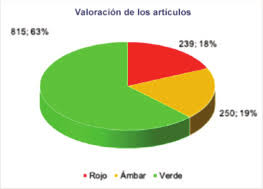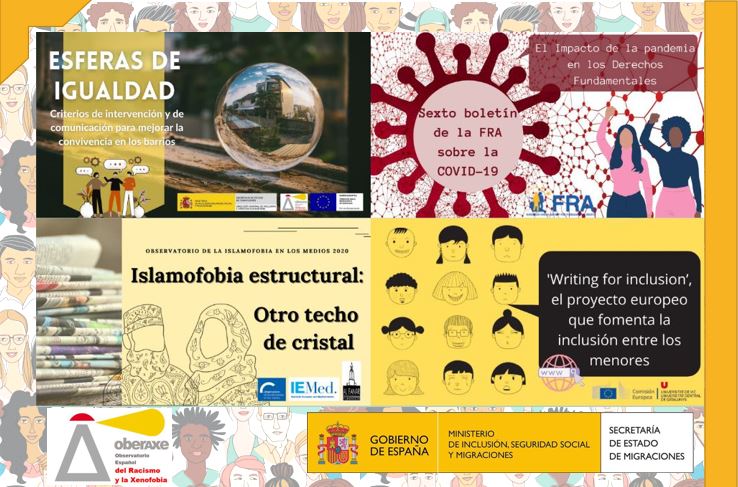The Observatory of Islamophobia in the Media has just published in the media its annual report for the year 2019, under the title “Structural Islamophobia: another glass ceiling”. This report makes an assessment of observed findings on islamophobia in the media (and social platforms such as twitter) and reflects on the representation of Islam and Muslims.
This is the third annual report published since the start of the project in 2017, carried out in collaboration with the European Institute of the Mediterranean (IEMed) and the Spanish Observatory of Racism and Xenophobia (Oberaxe). The project analyzes media coverage of Islam and the Muslim population in five national newspapers: El País, El Mundo, La Razón, La Vanguardia and eldiario.es.
It specificaly focuses on the digital realm, with the aim of identifying and preventing hate speech and also the effect that the media’s coverage of sensitive issues, related to Islam, can have on the generation of this hate speech. As the report states:
“The digital ecosystem is configured today as the central space in the fight against hate speech, because it is in that common place where attitudes of rejection of the other are embodied with greater force.”
Main results achieved
The project, which identifies active or passive cases of Islamophobia in news stories in the cited media, recognizes a gradual decline in cases of Islamophobia in the press since 2017. Despite this, as the report highlights, 37% of articles dealing with Islam-related issues rely on stereotypes and prejudices or have a negative portrayal of Islam.
Islam continues to be associated with themes with broad negative connotations, mainly linked to radicalism and terrorism. This association contributes to perpetuate the link between Islam and violence in the social imaginary. Something similar occurs with issues related to Muslim women, about whom the report reflects a slight improvement in their treatment, but in which the Islamic veil continues to occupy a prominent role.
In this regard, the report makes an important observation: articles with Islamophobic content have a higher volume of Islamophobic content in their comments section than in the article, emphasizing the importance of the media as a transmission chain.
Conclusions
The report concludes by highlighting the following findings:
- Narratives about Muslim women are increasing and becoming more pluralistic, but when it comes to the Islamic veil, they often lose elements of contextualization and fall into Islamophobic stereotypes.
- The eternal confusion between religion and politics or the association between Islam and violence persists.
- The Muslim population continues to be foreignized: not making visible the daily life of Muslim communities in Spain exoticizes them and distances them from the reality they live and share with the rest of the citizenship.
- There are still few positive topics related to Islam or Muslim men and women.
Click here to access to the full report.

















No Comments